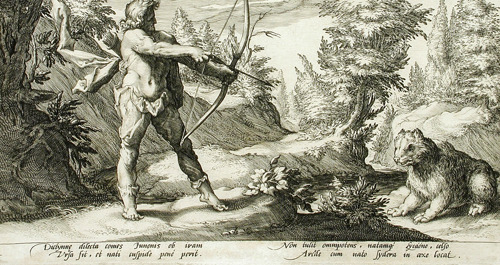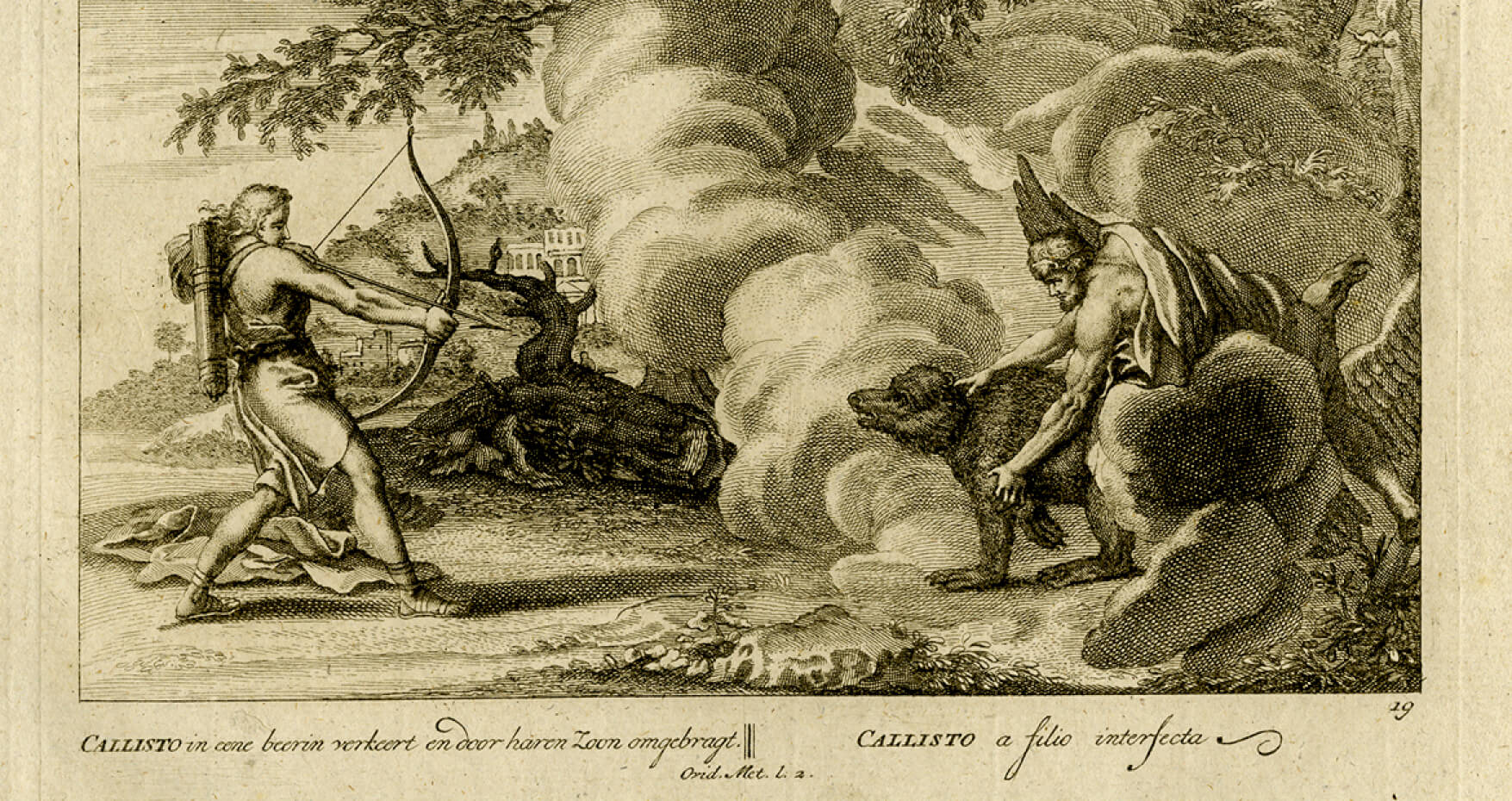Calista is a name that evokes beauty and grace from the very first time it is heard. Its softness of tone, melodic flow, and aesthetic harmony combine to leave a pleasant impression. Yet, Calista is not merely a pleasing sound; it also carries a rich historical and cultural background.
Although the name has been used across different societies and with varying meanings for centuries, it has always been closely associated with beauty and naturalness. For this reason, Calista has become a powerful symbol not only for families choosing names in the modern era but also for businesses seeking strong branding. Especially for institutions that emphasize luxury, prestige, and quality, the name Calista turns into a brand value.
Representing more than just a name, Calista carries an energy that seems to inspire those around it with the spirit it embodies. It has survived not only as a personal identifier but also as a word carrying cultural significance. Thus, learning the meaning of Calista is in fact embarking on a journey that unites history, mythology, and the modern perception of aesthetics.
What Does Calista Mean? Word Origin and Etymological Significance

The name Calista originates from Ancient Greek. The Greek word Kallistos means “the most beautiful, the most elegant, the brightest.” Over time, this word was adapted into different languages and eventually took the form Calista.
From an etymological perspective, it points not only to physical beauty but also to the purity of the soul and character. In other words, Calista is not confined to outward appearance; it also defines inner harmony and serenity. In this respect, it becomes a symbol of the ideal perception of beauty, both individually and socially.
Throughout history, people have defined beauty not only by facial features or body measurements but also by spiritual balance, goodwill, and harmonious behavior. The name Calista reflects this multidimensional understanding of beauty.
Words derived from the root Kallistos have appeared in works of art, poetry, and religious texts in various languages. Therefore, Calista is not just a name but also the embodiment of aesthetic perception expressed in words. Historically, it has functioned as a symbolic motif in literature and art, not merely as a given name.
From mythological times to the modern era, the name has been associated not only with beauty but also with purity, innocence, and divine order. Moreover, across different cultures and eras, Calista has often been chosen as a name representing the ideal virtues of female characters. In this sense, Calista conveys not only aesthetic but also moral and cultural significance.
Calista in Antiquity: Traces in Mythology and History

The name Calista holds a profound place in Ancient Greek mythology. It is most closely associated with Kallisto, one of Artemis’s hunting maidens, renowned for her beauty. According to legend, Kallisto swore an oath of loyalty to the goddess Artemis, but when she attracted the attention of Zeus, she experienced a tragic transformation in mythology: in some versions of the tale, she was turned into a bear and placed in the heavens as part of the constellation Ursa Major.
This story led to Calista being linked not only with beauty but also with loyalty, transformation, and immortality.
In Ancient Greece, such names were not merely personal identifiers but also carried cultural and religious meaning. Within this context, Calista can be seen as a name that bridges the world of the gods and human life.
By the Roman period, the name became an expression of elegance and refinement and was especially popular among the nobility. Over time, it shed much of its mythological weight and came to be associated more with beauty and grandeur. Since antiquity, Calista has remained a distinctive name embodying both feminine identity as well as celestial and spiritual symbolism.














